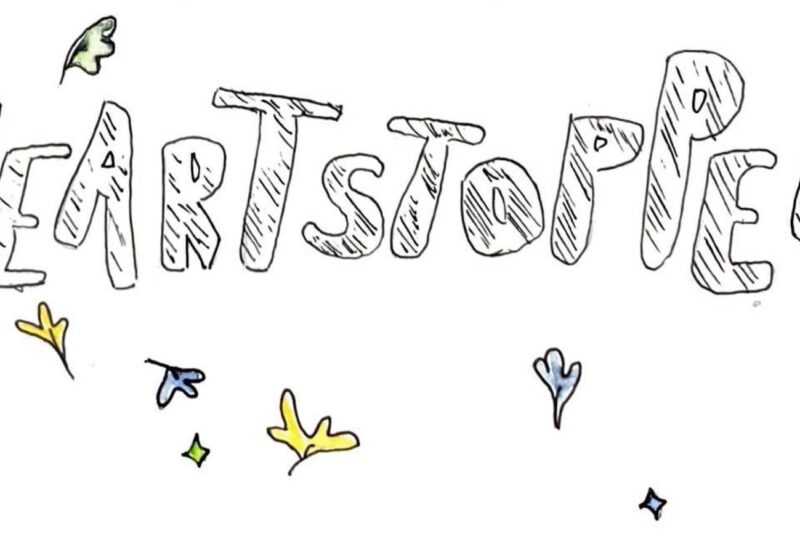‘ ‘ New research finds that there is something to look forward to on the weekend; an increased amount of happiness.
People are happier, healthier and feel more competent from Friday evening through Sunday afternoon, according to a study by UR Psychology Professor Richard Ryan.
The study, which will be published this month in the Journal of Clinical and Social Psychology, discovered that regardless of age, gender, level of education, salary, relationship status or whether one works in the service industry, the trades or in a professional capacity, people reported feeling physically and mentally better on the weekend than they did during the week.
Ryan, in conjunction with Psychology Professors Jessey Bernstein of McGill University and Kirk Warren Brown of Virginia Commonwealth University, recorded the moods of 74 adults, whose ages ranged from 18 to 62 years old and who worked at least 30 hours per week.’
Over the course of three weeks, researchers paged the participants at random times, three times a day to gather adequate information. The subjects answered questions about their moods and filled out short questionnaires in the morning, afternoon and evening.
Beyond finding that people feel better, Ryan’s research uncoversed some of the causes of this phenomenon. According to Ryan, the fact that most people are not working on the weekends is a major factor.’
‘The reason that work versus not work makes that big difference ‘hellip; is because when people are working they feel less autonomy, they feel less choice, they feel less freedom and they also aren’t with the people they love,’ Ryan said.
In psychology, autonomy roughly refers’ to the ability of an individual to make informed, un-coerced decisions.
Ryan, Bernstein and Brown were able to isolate autonomy as a factor by asking participants whether or not they felt ‘controlled’ while performing tasks when they were paged.’
This finding supports self-determination theory, the idea that meeting one’s basic psychological needs for autonomy, competence and relatedness largely determines our well-being.
Despite free time being a main reason for the improved moods, even those who work on the weekends felt better when Friday rolled around.
‘We think that’s probably because cool things are happening on the weekend,’ Ryan said. ‘That’s when events are happening. There’s also a likely social contagion effect, since other people are happy, that might even affect you.’
The implications of the findings are broad according to Ryan.
‘We need to look at the workplace as to what’s going on there,’ he said. ‘We think there’s a lot of interventions at work places that could take place that could afford people more autonomy, help them feel more connected at work and probably there’d be better mental health at work as well.’
The importance of the study extends beyond what occurs in the workplace. According to Ryan, the need for free time is becoming more prevalent among American workers.
‘There’s a lot of building evidence that shows that vacations and free time are really important, and one thing we know in our culture is we’re getting increasingly deprived of those things,’ Ryan said.
While much of the information may seem like common knowledge, in actuality the paper breaks new ground in psychology.
Ryan, Bernstein and Brown concluded in their report that ‘one of the first substantive and theory-based explanations for why well-being tends to be more favorable on the weekends,’ the report concluded.’
With more free time, autonomy and relatedness, weekends appear to offer increased wellness for both the body and mind.
Farrell is a member
of the class of 2010.




